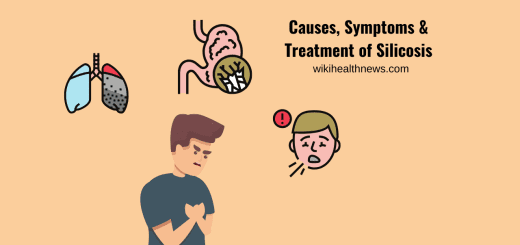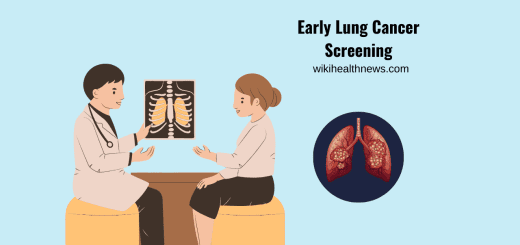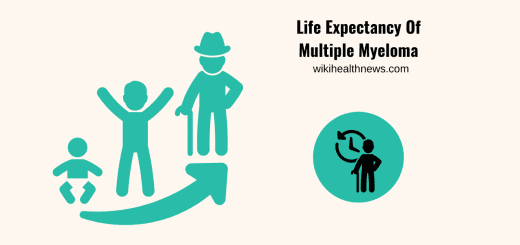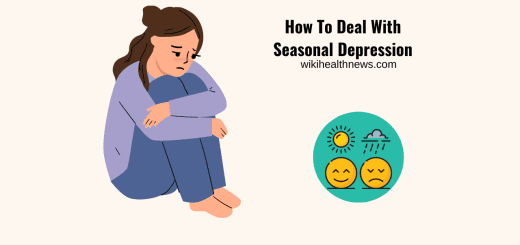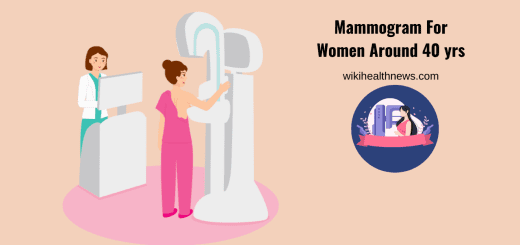Migraine: Is It A Serious Condition?
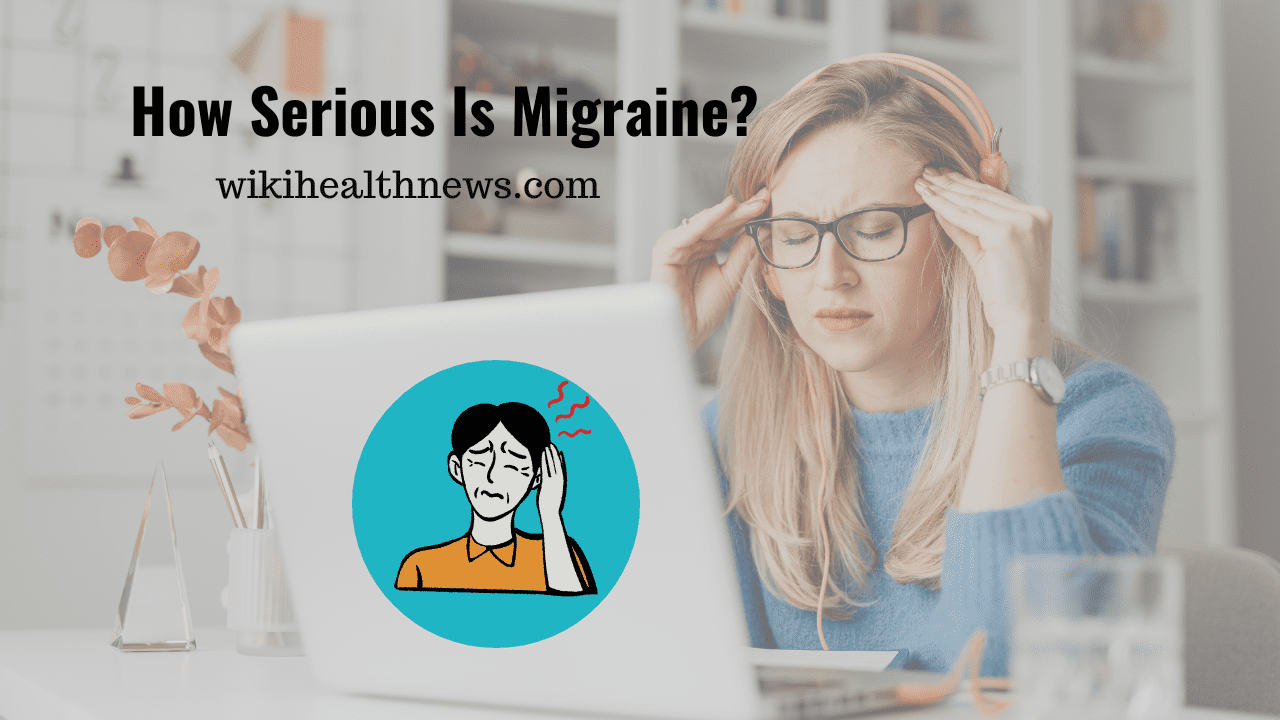
A strong headache associated with vomiting , nausea along with sensitivity foe light usually lasts from hours to days is known as migraine. In addition, it comes in episodes of moderate-to-severe headache, most often one sided. Generally it is associated with nausea and increased sensitivity to light and sound.
What is the difference between migraine and a headache?
| Migraine | Headache |
| Migraine attacks are complex brain events preceded by other symptoms | cause pain in the head, face, or neck, often not associated with aura |
| Occur over hours to days | May last for hours |
| Events in a recurrent matter | May be a single event |
| Migraine has a strong genetic component. | Depends on the underlying cause |
How long do migraine headaches last?
Migraine symptoms varies from person to person , the symptoms are classified into stages, they include ;
Prodrome or preceding symptoms
About 60% of people notice symptoms from hours to days before headache. Symptoms like light, smell, sound sensitive, fatigue, cravings, changes in mood, bloating, constipation
Aura
Usually involves nervous system which involves vision, pain is usually stable at least less than a hour these symptoms include hallucinations( flashes of light, black dots ), vision tunnel, cant able to speak properly, ringing sensation in ears
Attack
It usually starts as a dull ache which radiates into throbbing pain, it becomes worse during physical activity. these type of pain can radiate from one side to another or involves the whole head.
Postdrome
These type of migraine usually lasts up to a day makes you feel tired, cranky, weak, pain in muscle.
What is main reason for migraine?
The exact cause for migraine is not known , some studies says that changes in brain or genes which triggers migraine. Some of the studies states that some of the nerve cells sends over reactive signals which triggers the migraine. CGRP ( gene- related peptide) which makes the lining of blood vessels of the brain to swell, inflammation and pain caused by neurotransmitters.
Who is at risk?
Sex: women are more affected in ratio of 3:1 than men
Age : usually it affects from ages from 10 to 40, for women it usually gets better or eradicate after age over 50 years
Family history : most of the people with migraine have family history who get them .family history induces 50% of chance getting migraine.
Medical conditions : depression, anxiety, epilepsy, disturbance in sleeping
Migraine triggers
Hormonal changes ; mostly women notice during ovulation , pregnancy or during menstrual cycle, are while taking birth control pills
Stress ; when a person is stressed more, the brain starts to release chemicals which cause changes in blood vessels, this induces migraine
Foods ; skipping a meal in a day, or taking too much caffeine in a day
Changes in weather
Senses
Medications
Physical activity
Usage of tobacco
Types of migraine
The most common types are classic migraine ( with aura ) and another type is without aura
- Menstrual
- Silent
- Vestibular
- Abdominal
- Hemiplegic
- Ophthalmic
- Migraine with brain stem aura
Frequency
The frequency are classified into three levels,
Episodic ; you may experience headache now & then
High – frequency episodic : experiences at least 14 headache in a month
Chronic : more than 15 days of headache noted in a mont5h, which is associated with intense pain or pain pulsates.
Are migraine curable?
Till now there is no cure for migraine but medications will help them to prevent from symptoms becoming worse. Changes in stress, lifestyle, sleep pattern can augment quality of life.
Is this headache serious?
It is very rare, very intense pain ( headache ) sometimes it is a indication of stroke or aneurysm. Persistent aura without infarction lead to work disability and loss of work.
However serious complications may occur at times, like:
- Status migrainosus, a debilitating attack lasting over 72 hours
- Migrainous infarction
- aura-triggered seizure
Diagnosis
- Indicative of symptoms
- How many times headache occurred recently
- How much time does headache lasts
- Family history
- Any medical conditions.
Tests
- Blood tests
- MRI
- CT scan
- EEG
Treatment
- Pain relief ; OTC drugs, medicine for nausea
- Triptans, ergotamine ; which helps in balancing the chemicals in the brain
- Lasmiditan ; used to ease the pain for nausea
- CGRP receptor antagonists
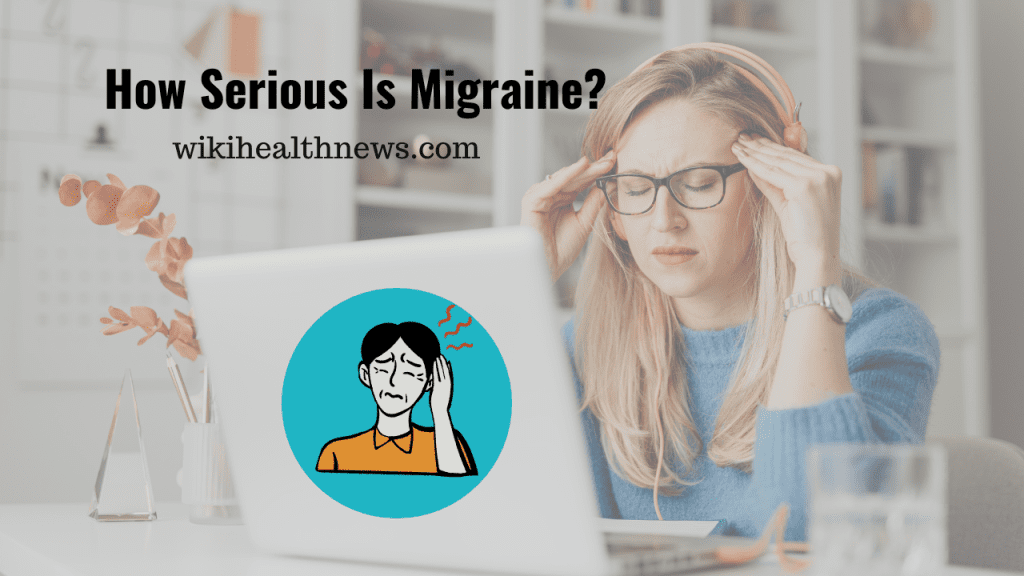
How do I stop getting migraines?
- Managing the stress
- Regular proper diet
- More intake of fluids
- Moderate exercise regularly
Is coffee good ?
No, coffee triggers it in many individuals.
What foods to avoid ?
The ketogenic diet (high fat, low carbohydrate) is promising in migraine patients. You should avoid:
- High carbohydrate diet
- Avoid food allergens like fish, egg whites, egg yolks, nuts, orange, and strawberry.
- Caffeine is found to be a a trigger for migraine, reduce intake of caffeinated beverages.
- Fasting and starvation
- Milk, cheese and chocolate
- Excessive intake of nuts, fresh or dry fruits, dairy products, processed food, baked yeast foods and processed meat
Alternative Treatment
Lifestyle changes
- Regular exercise
- Yoga
- Relaxation training
Reduction of triggers
Detoxification
Melatonin
Read More






